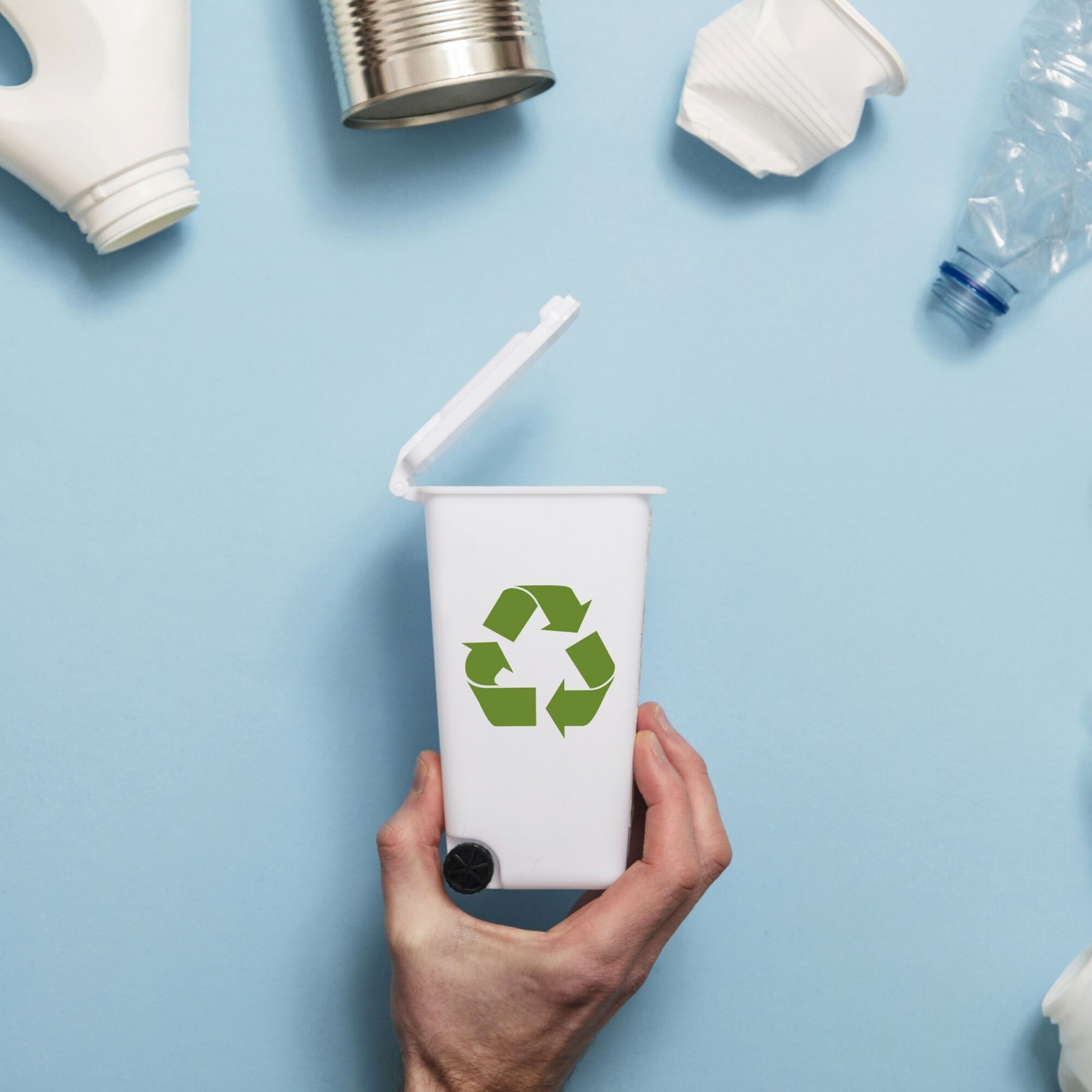Key trends in sustainable packaging in 2020
Purchasing food and other goods paying attention to their packaging is becoming a common habit for consumers. Sustainable development initiatives to reduce packaging are experiencing an exponential ...

Sustainability is becoming increasingly important in our societies. The 3 Rs (Reduce, Reuse and Recycle) are the pillars of a more sustainable consumption model. However, too often, only the Reduce and Recycle pillars are considered to make packaging more environmentally friendly. Alcimed presents 4 existing models that allow to set up reusable packaging systems.
The Refill at home model works particularly well for online commerce. The basic principle is based on refills that are packaged in a less material-intensive way than the container they are refilling. Customers receive the refills directly to their homes, without the need to visit a store.
Some household are particularly well suited for this system. For example, liquid soap refills not only reduce the environmental impact of hard plastic bottles by replacing them with soft plastic pouches, but also reduce the final price for the consumer. Even more innovative, an American start-up, Blueland, offers its customers to order its cleaning product in the form of tablets to be dissolved in water. This way, customers can reuse the spray bottles endlessly, saving money and storage space !
Despite its qualities, this system is however quite difficult to put in place for food products.
Similar to the previous system, this reusable packaging system differs by the fact refilling happens directly in the store or in another dedicated space. The consumer has to leave his home but this alternative is more easily applicable to food products. This characteristic make this system suitable for urban environments and supermarkets. In this approach, the customer takes care of cleaning his container, then brings it to the store to fill it with the desired product: another name for this system is bulk sales.
Authorities are demonstrating a strong interest in this solution, the Climate and Resilience Bill stipulates that French shops of more than 400 m2 must dedicate 20% of their surface area to bulk sales by 2030.
Algramõ in Chile and Miwa in the Czech Republic are two examples of start-ups that are trying to modernize the principle of bulk sales. Miwa has received the support of multinationals such as Nestlé and Barilla and is already running pilots in the Czech Republic, Switzerland and France.
Unlike the previous two systems, this one is based on exchanging a used container with a new one. The “return from home” applies primarily to packaging used to protect products ordered online. It is generally based on a prepaid postal return service : the consumer receives the product, unwraps it, and sticks or flip a label that indicates the return location and tells the postal service that they can pick up the container.
For example, Living Packets, a French start-up is developing and testing a system of this type, called The Box. Since The Box is designed to be used up to 1000 times, the price of an individual package is higher, which also allows for a number of additional features such as shock, temperature or humidity measurements. Overall, costs are kept down by the reusable nature of the solution. All of this allows for a better customer experience and reduces the costs associated with faulty deliveries for businesses.
Return on-the-go will probably remind you of the deposit system. In this system, the customer brings back the used container and receives a clean container or a sum of money, called deposit, that he had paid at the time of his initial purchase in addition to the price of the product. This reusable packaging system is particularly convenient for the customer, since he does not have to take care of cleaning the container. This makes it particularly suitable for large-scale distribution.
It is very interesting to note that this deposit system is used at the national level in many countries or regions such as Germany or Quebec, with very high levels (more than 85%) of container recovery and satisfaction.
Beyond the regulatory powers of nations and regions, start-ups like Loop offer companies solutions to co-design reusable packaging and also take care of the logistics for the return of packaging returned by consumers. A good argument to demonstrating the potential of this type of system is that many well-known brands such as Gilette or Coca-Cola are now partners of Loop. In France, Loop is currently expanding its pilots in partnership with Carrefour with 8 stores in the Paris region offering to buy products in return on-the-go reusable packaging.
These 4 systems offer new and innovative solutions to reduce waste associated with single-use packaging. They all focus on the ability to reuse, rather than throw away, offering reliable ways for business to achieve their sustainability goals. The pressure from consumers and governments to rethink the way we consume (and therefore packaging) is enormous and will only continue to increase. These innovative systems are no longer niche products developed by small start-ups, but are increasingly attracting the attention of large corporations eager to seize the opportunity presented by reusable packaging. Want to know more about this subject? Alcimed is here to help you!
About the authors,
Axel, Consultant and Quentin, Project Manager in Alcimed’s Life Sciences team in Swizterland